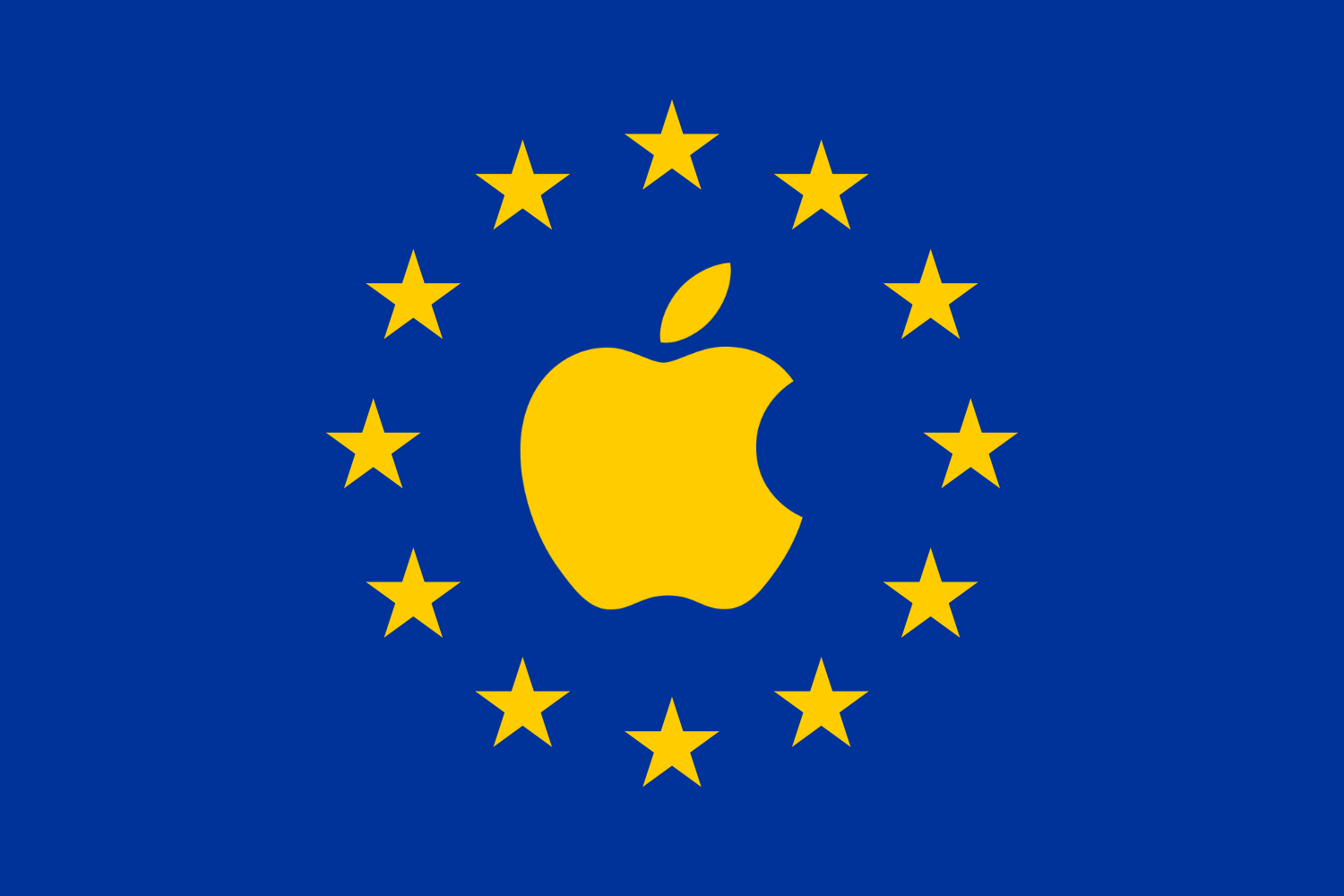The Unstoppable EU and The Immovable Apple
Apple is hell-bent on standing its ground against any attempts to limit their control over the AppStore. As a result, they might see governments worldwide legislating their product experience, and the result will likely be far worse both for them and their users.

The European Union and Apple are locked in a fight nobody wants to cede. First was the Digital Markets Act (DMA), which made Apple create an entirely new subset of rules for iOS and the AppStore. And yesterday, Apple was fined almost $2 billion for their anti-steering provision affecting companies like Spotify and Amazon’s Kindle.
All digital purchases on the iPhone must go through In-App Purchases, which involve a 30% commission to Apple (goes down to 15% for long-term subscriptions). While certain services like Netflix and Spotify (classified as “reader apps”) can ditch IAP, the resulting user experience gets weird. You cannot sign up if you download such an app as a new user. And the AppStore rules prohibit developers from even suggesting to their users that they should go to the website instead and start their subscription there.
This is probably one of the most egregious examples of how Apple’s strategy leads to suboptimal experiences on their devices. Apple feels entitled to this tax, which you can clearly see in their statement.
Despite that success, and the App Store’s role in making it possible, Spotify pays Apple nothing. That’s because Spotify — like many developers on the App Store — made a choice. Instead of selling subscriptions in their app, they sell them on their website. And Apple doesn’t collect a commission on those purchases.
Spotify didn’t really make a choice because they didn’t have one. Some companies, like mobile game development studios, can shed 30% of their income because their marginal costs are more or less zero. This isn’t the case for Spotify since they have to give back most of their revenue (which amounts to 74%) to copyright owners (i.e. labels and artists). The same is happening with Books. You can’t buy books on Kindle or Audible on your iPhone because then Amazon would have to pay 30% to Apple. And for any book, there’s already a pre-defined distribution between the publisher, the author, and the seller. Amazon would be losing money on every book then.
One of the main problems with the AppStore fees is the rules don’t differentiate between goods with marginal costs and those without them.
What makes Apple look particularly bad and should have motivated this case is the fact they operate competing services in the face of Apple Music and Books. And Apple doesn’t have to pay themselves 30%. So, they enjoy better economics and a better user experience since you can sign up right away. One could build a legal case that Apple is extending its monopoly power from one industry to another, which is prohibited in most major jurisdictions.
The Digital Markets Act has many provisions. Apple carefully crafted such a response that most developers would not even dare to use the updated EU regime. They did open certain things, like access to the NFC chip, and later, they removed some of the limitations. However, they still want to control the overall experience and charge money.
In my opinion, this is indeed a case of an unstoppable force facing an immovable object. And it gets ugly. The European Union shouldn’t make tech product decisions. What is even worse is that most EU regulations are written in a particular way. Like with the infamous GDPR, businesses have to guess what exactly they need to do for the government and regulators to assess whether it’s compliant. It’s also noticeable that the EU’s fines are getting arbitrary by this point. Writing a big number because Apple is a wealthy company and simply saying “the tech giant’s terms were “unfair trading conditions” without providing clear guidance on what exactly you want them to change isn’t a great way to regulate.
And Apple should see a writing on the wall by now. The longer they hold on so profoundly to their entrenched position, the worse the outcome will be for themselves and their users. The company had an easy way out: let all developers share a link to their website instead (or in addition to) using an IAP. Lots of developers would have likely stayed with the IAP just for the sake of conversions alone. Most (over 70%) of AppStore revenue is coming from games. A mobile game likely won’t suddenly ask you to go online, set up an account and buy some gems there because it will be afraid of losing a potential sale.
Of course, some companies might prefer this approach anyway, especially if they have the brand power to pull it off. Epic Games’s Fortnite is probably the best example (if it was allowed back in the AppStore). Tinder would also use this, and dating apps surely drive a significant part of AppStore revenue as well. But most games and apps aren’t like that. Such an approach would make things easy for businesses selling goods with notable marginal costs. And most importantly, it’d provide a better user experience for the users.
Apple can talk a lot about how their system provides safety, but they have no problem with you giving your credit card to Uber right in the app. And what’s actually the difference?
The current system creates perverse incentives for Apple and forces the company known for building great products to provide subpar experience. Even Apple might be better if they get off the needle of AppStore fees. When Tim Cook provides an update on the “Services” revenue growth, he wants you to think about AppleTV+ and Apple Music. Yet most of this revenue category is provided by just two things: AppStore fees and Google’s default search payment. And none of this makes things better for actual customers.
I support sideloading, and I don’t believe Apple should ultimately decide what software I can run on my own device. This limits innovation and puts them in a position where they can be forced to run censorships for authoritarian governments, just like they had to remove VPN apps from the Chinese AppStore.
But I also understand that one of the reasons iOS has a thriving app ecosystem is the lack of alternatives. If you have an Android device, there are countless websites and forums filled with cracked apps you can install immediately.
Instead, Apple might see governments worldwide legislating their product experience, and the result will likely be far worse.




